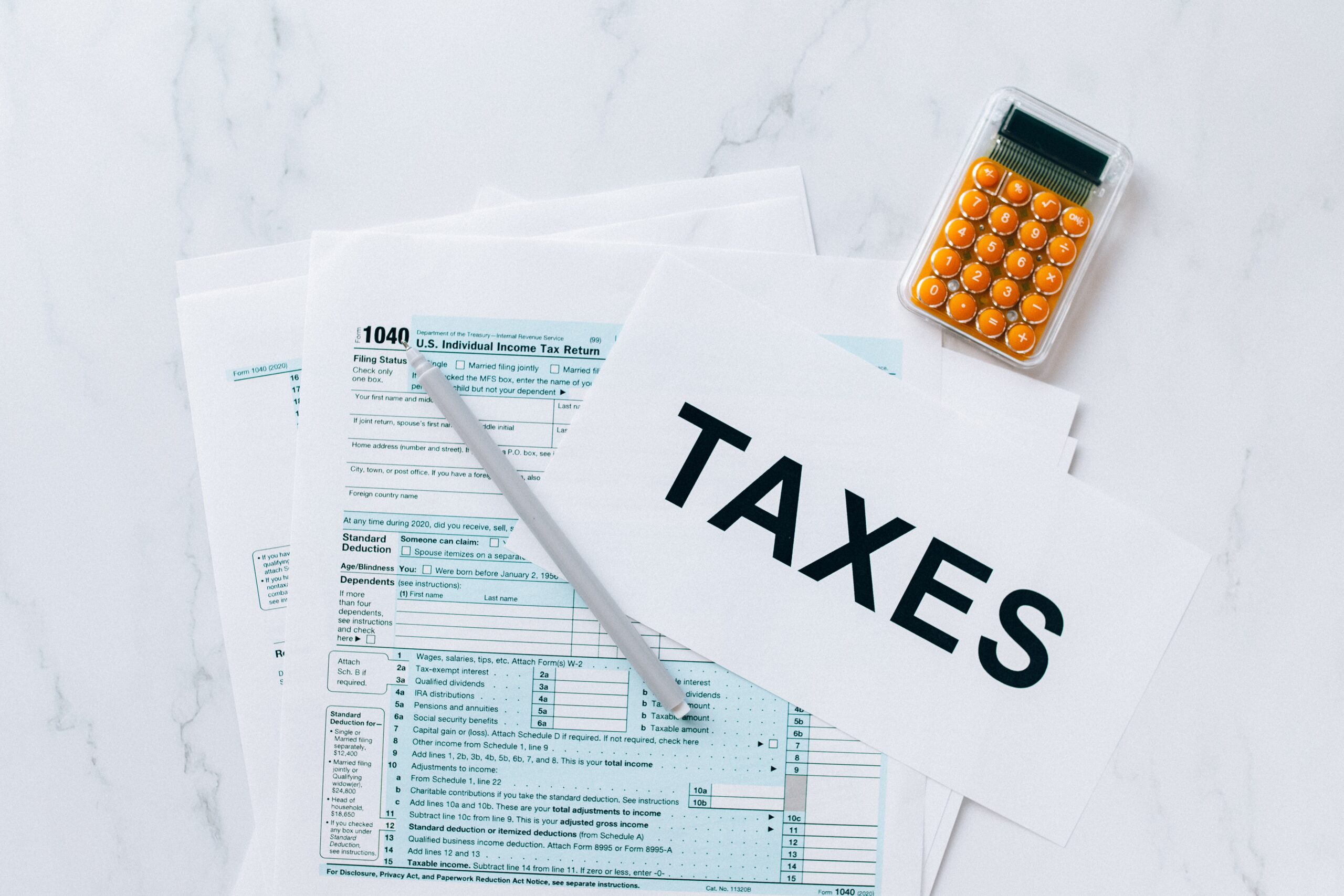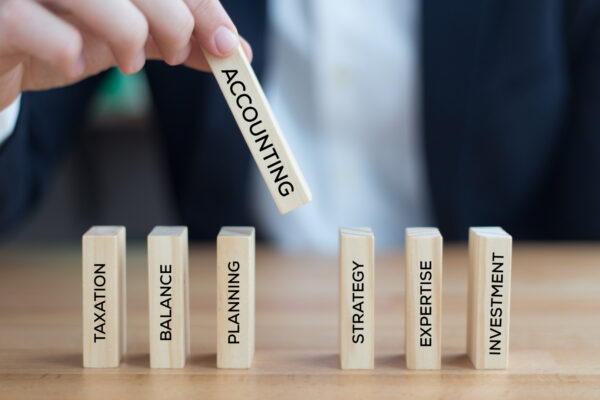Understanding Sales and Use Taxes
When running a business, you will almost certainly buy products that will be used for your operations. These purchases will generally be subject to sales and use taxes unless specifically exempted or excluded by the law. To properly file your taxes and avoid penalties, you must fully understand what sales and use taxes are. Here are some of the most important things you need to know:
What is sales tax?
Sales tax is a tax on the sale, transfer, or exchange of goods and services. A conventional (or retail) sales tax is imposed at the point of sale. This is collected by the retailer and then forwarded to the government.
Your company is liable for sales taxes in a state or county where you have some form of physical presence like an office, a warehouse, an employee, or even a partner or affiliate. This may vary depending on the jurisdiction you are in, so make sure to consult with your state and local tax department.
Retail sales taxes are charged only to the end-user or consumer of a product or service. Most items go through several stages of manufacturing, many of which are handled by different businesses. This is why heavy documentation is required to establish who is ultimately accountable for sales tax. So, if you are a supplier or manufacturer, you must obtain a resale certificate to indicate that you are not the end-user and will be reselling the goods you have purchased.
What is use tax?
Meanwhile, use tax is a tax on the use, storage, and consumption of items purchased outside of your state of residence. This is imposed when no sales tax was collected by the state where the item was purchased. Note that purchases that are not subject to sales tax are also not subject to use tax.
Use tax rate is the same as your local sales tax rate. This varies depending on what state you are in. If you reside within California, you can check the rates here.
What purchases are exempted from use tax?
Generally, the following items are not subject to use tax:
1. Hand-carried items from travel abroad: The first $800 in products you purchased from a foreign country and hand-carried into this state within any 30-day period is free from use tax. Items sent or delivered to California are not excluded from this exception.
2. Gifts received while abroad: Make sure to keep a signed letter from the sender describing the item and declaring that it was a gift.
3. Purchases for resale: If you are required to have a seller’s permit here in California, products you buy to resell are generally not taxed. However, use tax applies to purchases that will be used for your business, such as equipment, consumable supplies, or other physical assets
4. Purchases for use outside California: Property acquired outside of California (other than transportation vehicles) is typically not regarded to have been purchased for use in California, therefore use tax does not apply if the property meets the following criteria:
a. It is delivered outside of the state of California;
b. It is first used outside of California;
c. It was used and/or stored outside of California for 90 days after purchase.
Note that you should keep any receipts, invoices, shipping records, and other documents to back up your claim that your purchase(s) carried or delivered to California are not subject to use tax.
How can I file sales and use taxes?
If you are a retailer operating in California, you must register with the California Department of Tax and Fee Administration (CDTFA) to pay sales and use taxes.
Regulations for sales and use taxes vary from state to state. They may also change over time. That’s why it’s necessary to have extensive and updated knowledge of the federal and state tax codes. It would be wise to ask help from the experts for timely and accurate filing of your taxes. JCSN’s tax experts are always ready for you. Feel free to contact us today.
Author






